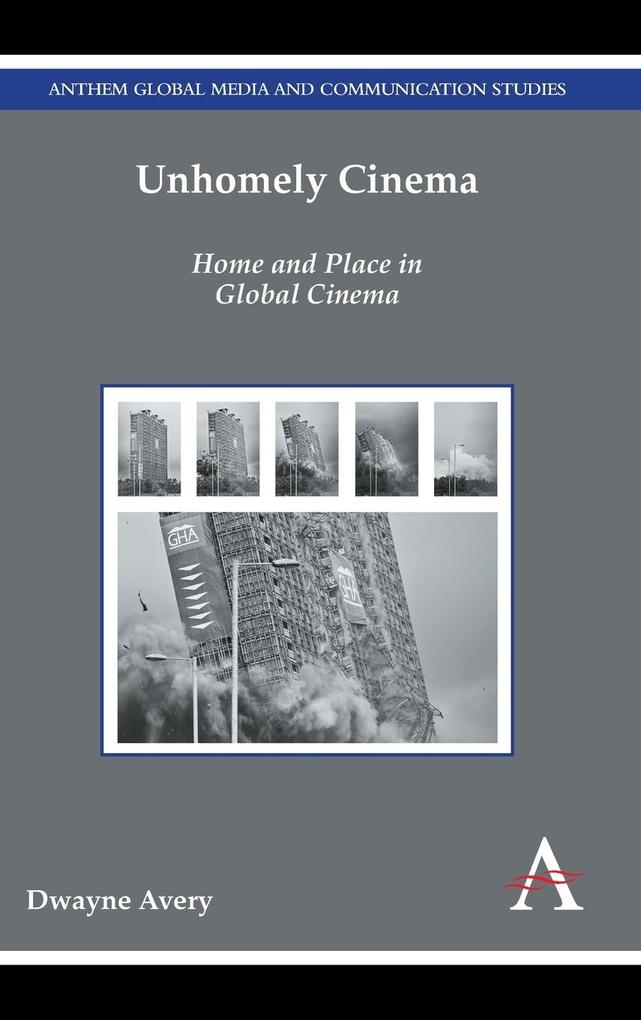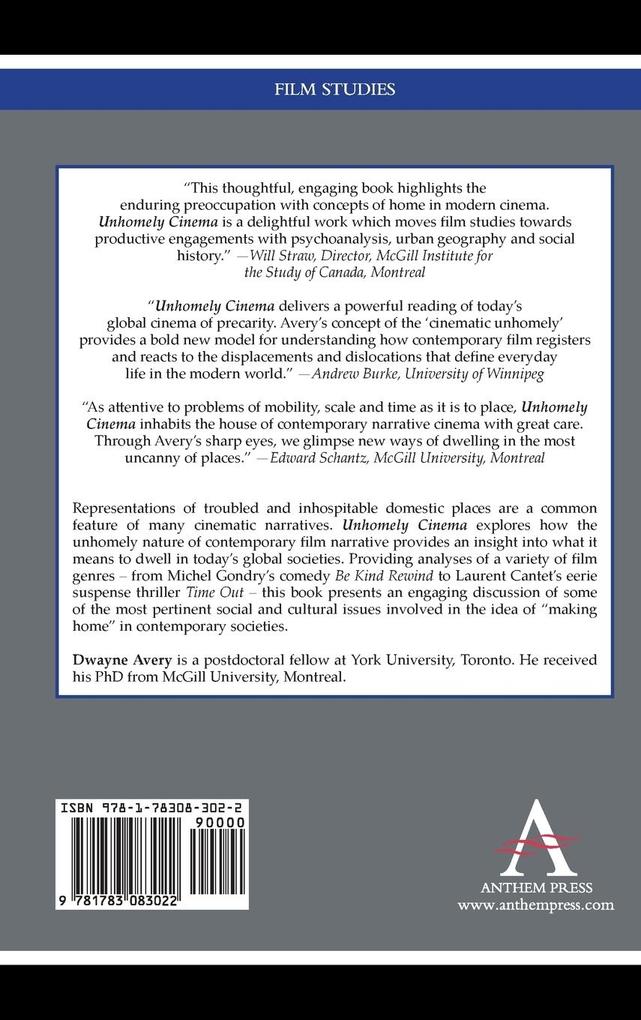Representations of troubled and inhospitable domestic places are a common feature of many cinematic narratives. "Unhomely Cinema" explores how the unhomely nature of contemporary film narrative provides an insight into what it means to dwell in today's global societies.
Inhaltsverzeichnis
Introduction: Unhomely Cinema; 1. An Unhomely Theory; 2. The Decline of the Family: Home and Nation in Krzysztof Kie lowski's "The Decalogue"; 3. The Future Is behind You: Global Gentrification and the Unhomely Nature of Discarded Places; 4. No Place to Call Home: Work and Home in Paul Thomas Anderson's "Punch Drunk Love" and Jason Reitman's "Up in the Air"; 5. The Terrible Lightness of Being Mobile: "Cell Phone" and the Dislocation of Home; 6. Unhomely Revolt in Laurent Cantet's "Time Out"; Conclusion; References; Index



















